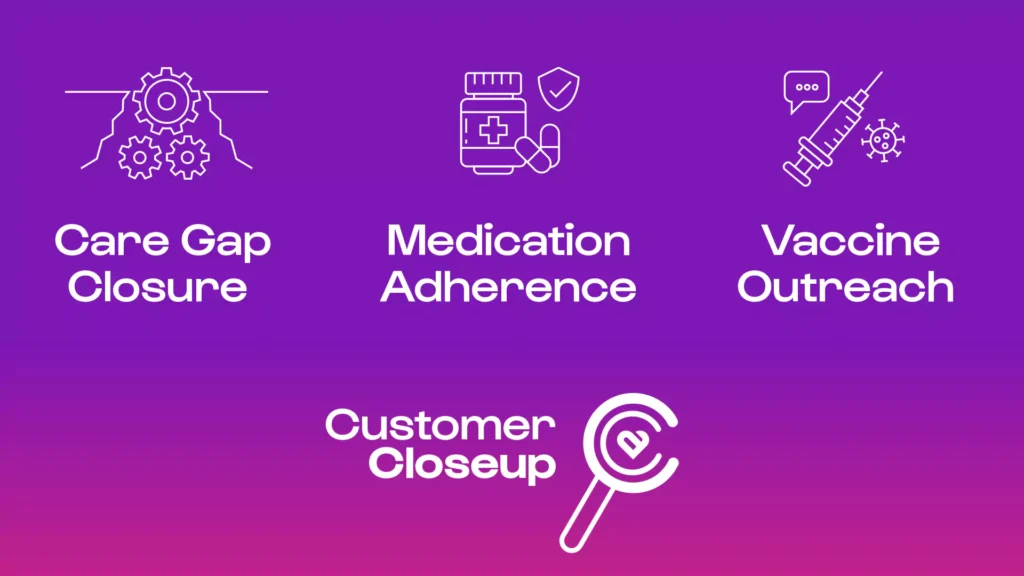SHARE:
[DISPLAY_ULTIMATE_PLUS]
Compassionate care can sound like an empty slogan. But it’s an evidence-based way to improve patient outcomes.
A step beyond empathy, compassion focuses not only on how patients feel and shares their distress but also demonstrates kindness. Compassionate care takes action to alleviate patient suffering, such as a nursing assistant who spots a patient’s unsteady gait and walks with them to their car.
“Compassion is not only the right thing to do, it’s also the smart thing to do in terms of providing the best conditions for healing to occur,” said Dr. Stephen Trzeciak, Chair of Medicine at Cooper University Health Care and author of Compassionomics: The Revolutionary Scientific Evidence that Caring Makes a Difference.
His research documents the close ties between compassion and patient outcomes. When patients perceive that providers treat them with compassion, they’re more likely to implement providers’ instructions and take better care of themselves.
Compassion improves treatment adherence
Further studies show that patients who feel empathy are more likely to take their medication and adhere to post-surgery guidelines. That means, when you tell a patient to take a short walk daily, they’re more likely to actually do it. These positive changes in patient behavior can slow disease progression and enable them to bounce back faster from medical procedures.
Compassion speeds healing for better patient outcomes
When patients feel connected to their providers, they experience accelerated recovery from the common cold and fewer diabetic complications.
Compassionate providers ease emotional suffering, too. Their patients present with decreased symptoms of depression and anxiety, as well as post-traumatic stress disorder (PTSD).
Compassion reduces unnecessary medical care
Healthcare organizations focused on compassion also benefit. Studies demonstrate that care delivered with empathy results in fewer diagnostic tests, referrals, and medical errors, and increased patient satisfaction.
Here are three ways to build compassion in your health system:
When hiring, ask questions that reveal compassion
You want to hire staff who puts the best interest of patients first. It starts with understanding that compassion is a skill, not an innate characteristic. Some job candidates have developed it more than others.
Annie McKee, Senior Fellow at the University of Pennsylvania Graduate School of Education and author of How to Be Happy at Work, suggests adopting a behavioral interview technique. This can help you determine which candidates know how to practice compassion and value doing so.
Ask them, “Can you walk me through a difficult situation at work and how you dealt with it? Tell me what you were thinking, feeling and what you were doing at each stage.”
In a 2016 article for Harvard Business Review, McKee said this question tells you whether the candidate is aware of their own feelings, how they manage them, and their awareness of their impact on others.
Continuously train your staff in compassion skills
Compassionate care, and the communication skills that form its foundation, can be learned and improved. And contrary to some traditional theories around providers’ emotional exhaustion, research demonstrates that exercising compassion can buffer against burnout.
At Cleveland Clinic, Communicate with H.E.A.R.T uses in-person training to teach employees to hear, empathize, apologize, respond, and thank. This training has increased employee engagement and HCAHPS scores. And patients who rate their experiences positively often have better health outcomes.
Your practice can achieve similar results with ongoing staff training, not a one-and-done event. Focus on active listening and increasing observation skills and identifying behaviors associated with respect and kindness. Training should also address how to deal with difficult conversations.
Be compassionate with your staff
A 2015 white paper from the Schwartz Center for Compassionate Healthcare emphasizes that your staff can’t care for patients with kindness if they don’t feel cared for. Empathy and compassion start in-house.
A few ways to support staff include offering group-bonding activities and conducting mindfulness and self-care workshops. Also, recognize and reward acts of compassion with public recognition or even gift cards. When staff feel cared for, they’re better equipped to offer compassion to patients. ♥



